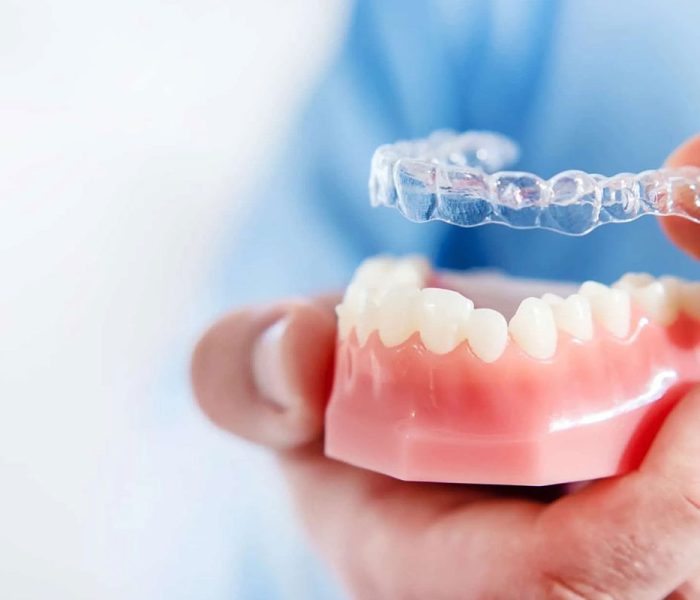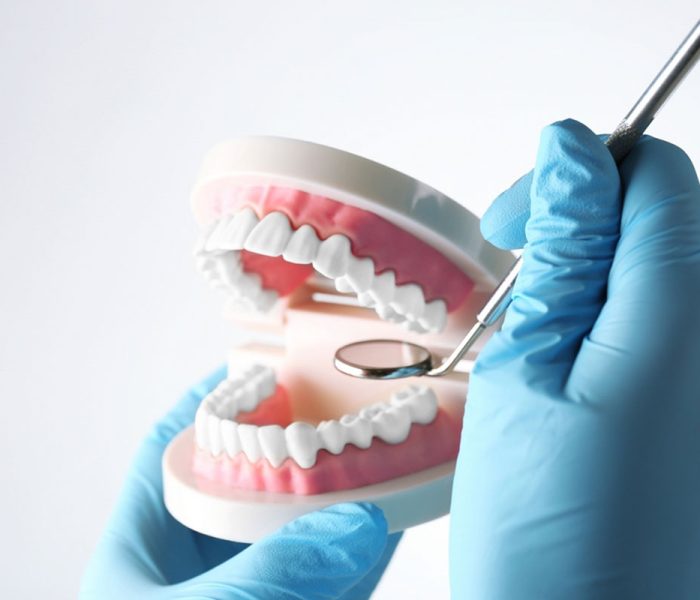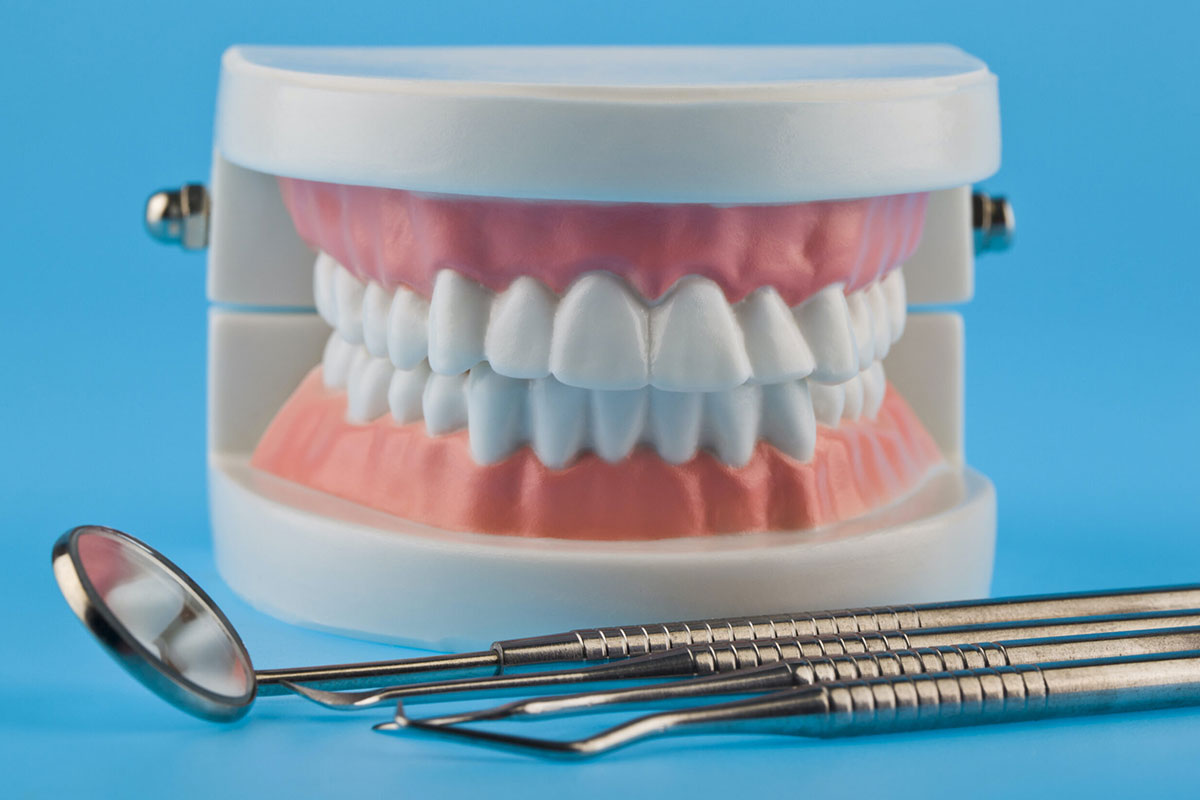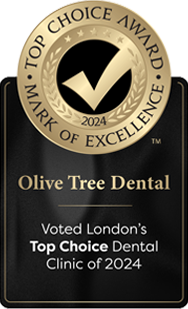Symptoms of Overbite:
- Tooth Erosion
- Pain While Eating Food
- Breathing Issues
- Temporomandibular Disorders (TMD)
- Gum-Related Issues
- Cavities
- Jaw Pain
Common Causes of Overbites:
- Genetics: Genetics plays an essential role in numerous oral concerns, including overbites.
- Use Of Pacifier Or Thumb-Sucking: If your child has a habit of thumb-sucking or consistently uses a pacifier, there is a chance that his upper teeth will grow in an outward direction. This problem generally leads to overbite.
- Skeletal Abnormalities: Irregularities or abnormalities in the size and shape of the jaws also tend to result in an overbite.
- Tongue Thrusting: If you significantly thrust your tongue, you are at a higher risk of suffering from an overbite.
- Dental Habits: Consistent and long-term use of feeders or sippy cups during childhood can also lead to an overbite.
How Can You Prevent An Overbite?
1. Limit Your Child’s Pacifier Use
2. Identify Tongue Positioning Problems
3. Take Your Child to Regular Dental Appointments
Another essential way to avoid the development of an overbite is to take your kids to an oral healthcare professional regularly. When you visit a dentist regularly, they can initially identify oral health concerns.
Ways to Fix an Overbite:
1. Invisalign Treatment
Invisalign clear aligners are an effective solution to address overbite issues within the normal to moderate range. These aligners work by gradually shifting the position of your teeth, correcting your overbite or deep bite. Depending on the severity of your case, the treatment duration of Invisalign can vary between 12 and 24 months.


2. Tooth Extraction
Another method of fixing an overbite is tooth extraction. If you have misaligned teeth that cause malocclusion or an overbite, your dentist will most likely remove them. When the overcrowded teeth are extracted, the adjacent teeth can move to the right position. This proves quite effective in getting rid of overbite issues.
3. Jaw Surgery














